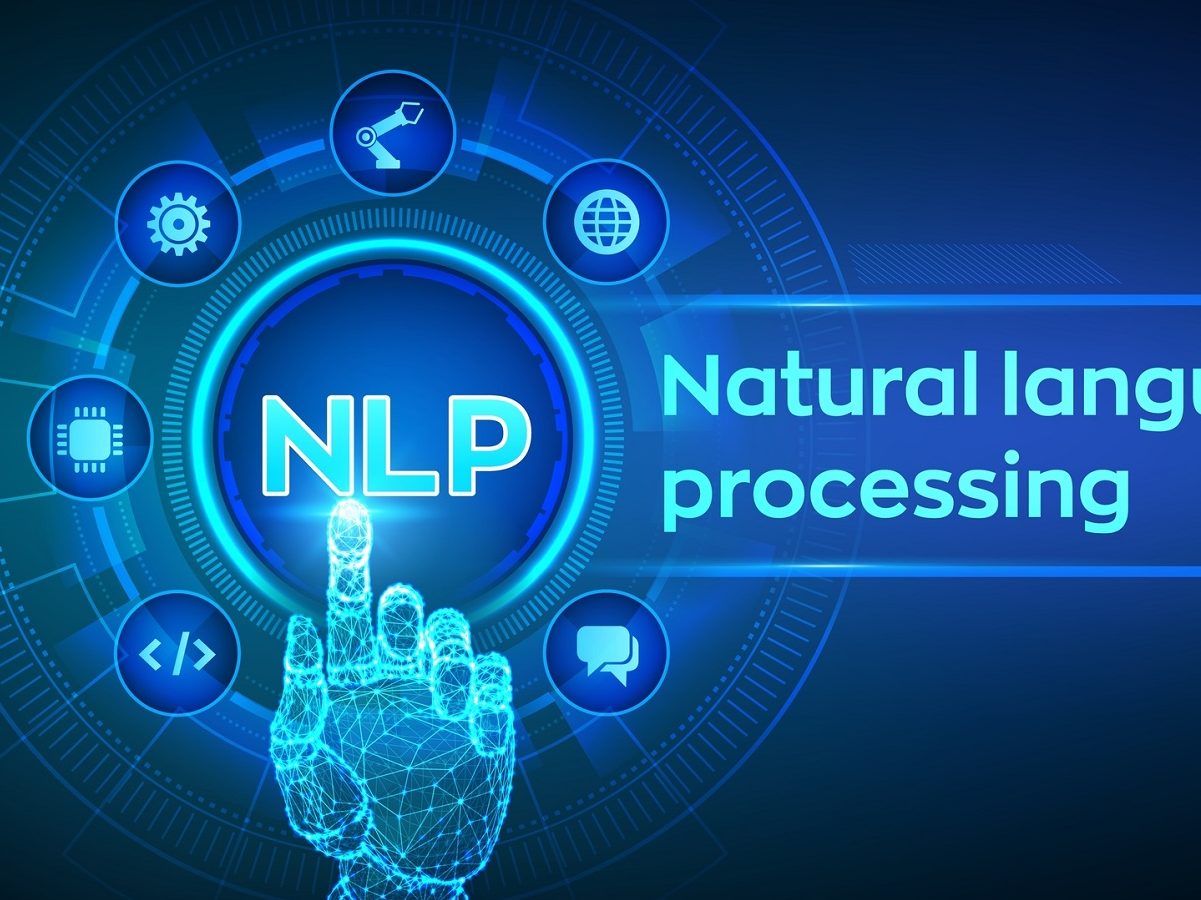
AI’s Breakthrough in Language ProcessingAI’s Breakthrough in Language Processing The field of natural language processing (NLP) has witnessed a remarkable transformation in recent years, driven by the advancements of artificial intelligence (AI). AI has enabled computers to understand, generate, and translate human language with unprecedented accuracy and fluency. Deep Learning Techniques: AI’s breakthrough in language processing largely stems from the application of deep learning techniques. Deep neural networks, such as recurrent neural networks (RNNs) and transformers, have enabled AI models to learn complex patterns and correlations in language data. These models can capture the nuances of grammar, semantics, and context, leading to significant improvements in language understanding and generation. Large Language Models (LLMs): The development of LLMs has further accelerated progress in NLP. LLMs are AI models trained on massive datasets of text and code. They have demonstrated remarkable capabilities in tasks such as text summarization, machine translation, and question answering. LLMs have become the foundation for many popular language-based applications, including chatbots and virtual assistants. Applications across Industries: AI’s breakthrough in language processing has had a transformative impact across various industries: * Customer Service: AI-powered chatbots provide personalized and efficient customer support by understanding user queries and generating responses. * Content Creation: AI-powered tools assist writers in language editing, article summarization, and content generation. * Healthcare: AI analyzes medical records to assist in diagnosis, treatment planning, and patient communication. * Education: AI-powered language learning platforms personalize instruction based on individual student needs and provide real-time feedback. * Entertainment: AI generates realistic dialogue for video games, movies, and TV shows. Ethical Considerations: As AI’s capabilities in language processing continue to evolve, ethical concerns arise. These include bias in language models, the potential for misinformation, and job displacement. It is crucial for researchers and policymakers to address these ethical issues to ensure that AI benefits society in a responsible and equitable manner. Conclusion: AI’s breakthrough in language processing has revolutionized the way computers interact with human language. Deep learning techniques and LLMs have enabled AI models to achieve unprecedented levels of understanding and generation. This advancement has unlocked a wide range of applications across industries, transforming the way we communicate, work, and learn. However, it is essential to address ethical considerations to ensure that AI’s impact on society is positive and responsible.
Posted inNews